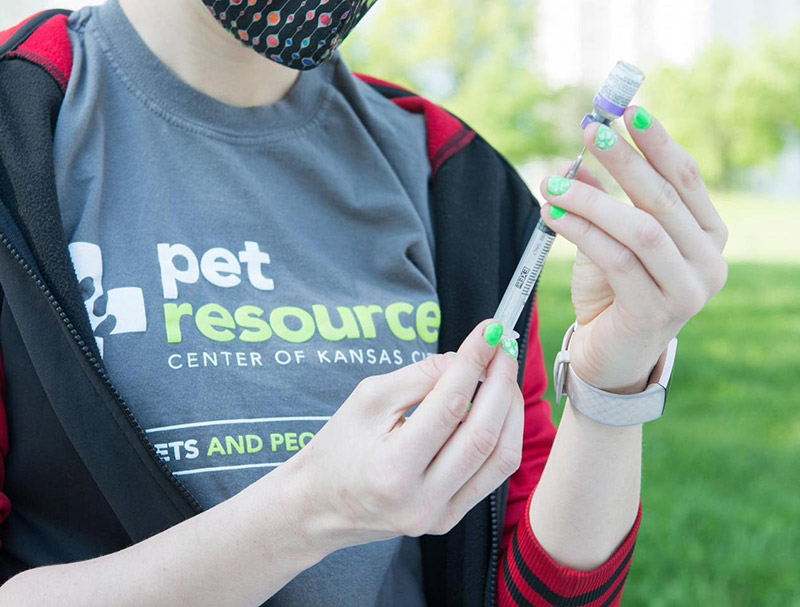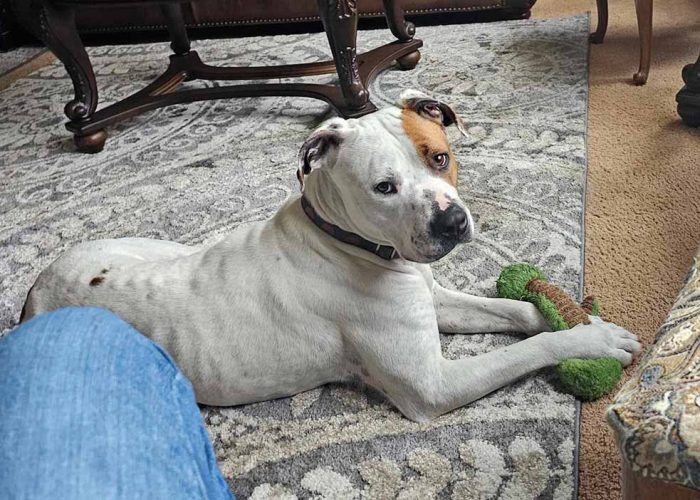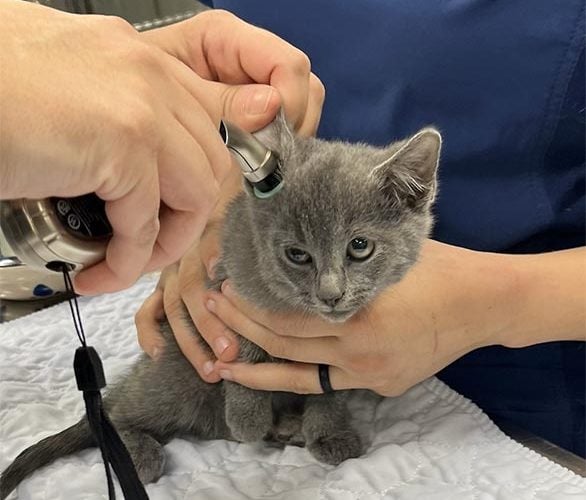Kennel cough, also known as canine infectious tracheobronchitis, is a highly contagious respiratory disease that affects dogs. It is commonly spread in places where multiple dogs congregate, such as boarding facilities, dog parks, and animal shelters. The disease is caused by a combination of bacteria and viruses, with Bordetella bronchiseptica being the most common bacterial culprit.
Dogs contract kennel cough through:
- Direct contact with infected dogs
- Airborne droplets
- Contaminated surfaces like water bowls and toys
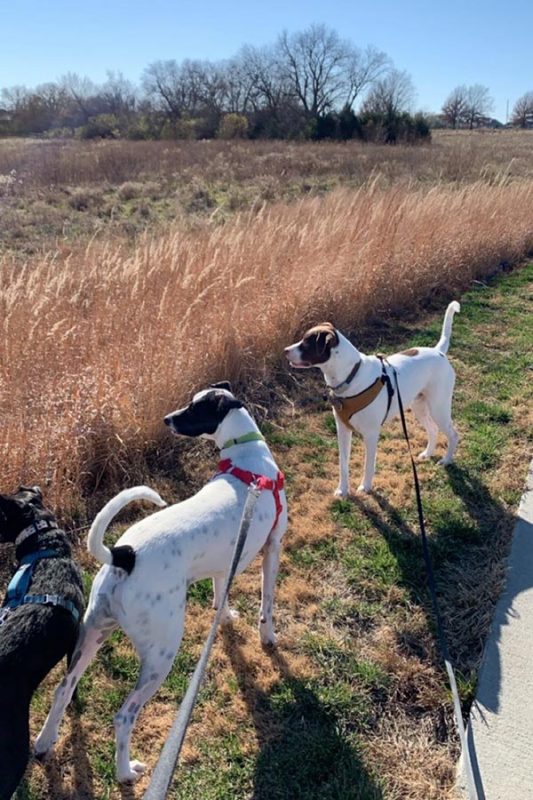
Symptoms of Kennel Cough
Symptoms of kennel cough typically include:
- Persistent, dry, hacking cough that sounds similar to a honking goose
- Sneezing
- Runny nose
- Lethargy
- Loss of appetite
- Mild fever
While kennel cough is usually not severe, it can lead to complications like pneumonia in puppies, senior dogs, or those with weakened immune systems. Most cases resolve within a few weeks, but monitoring for worsening symptoms is important.
Risk Factors & Transmission
Some dogs are at higher risk of contracting kennel cough. Factors that can increase susceptibility include:
- Stress: Situations like boarding, travel, or a change in environment can weaken a dog’s immune system.
- Pre-existing conditions: Dogs with respiratory issues or compromised immune systems are more vulnerable.
- Breed predisposition: Brachycephalic breeds (such as Pugs, Bulldogs, and Shih Tzus) have shorter airways, making respiratory infections more problematic.
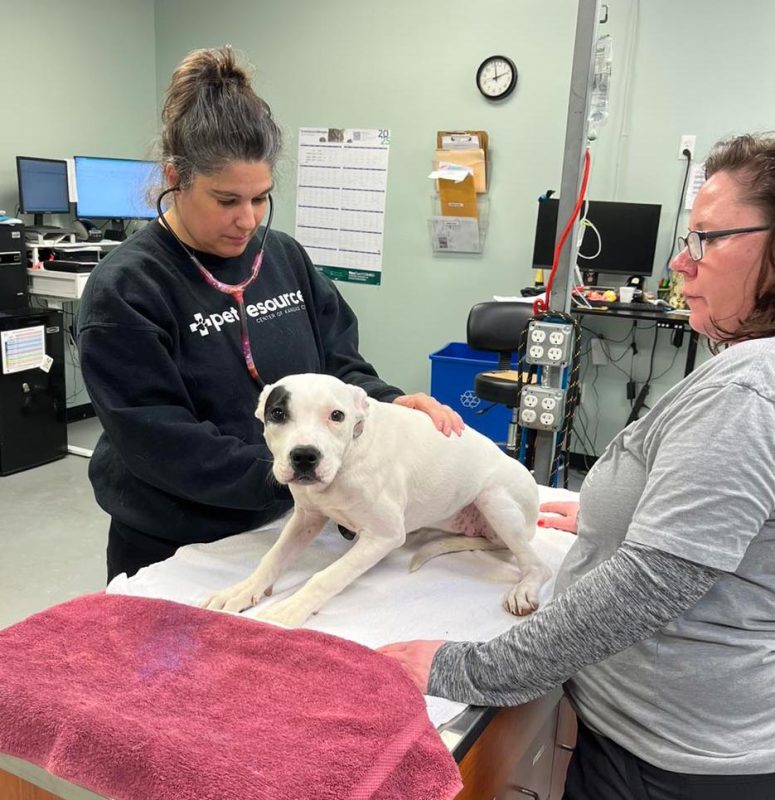
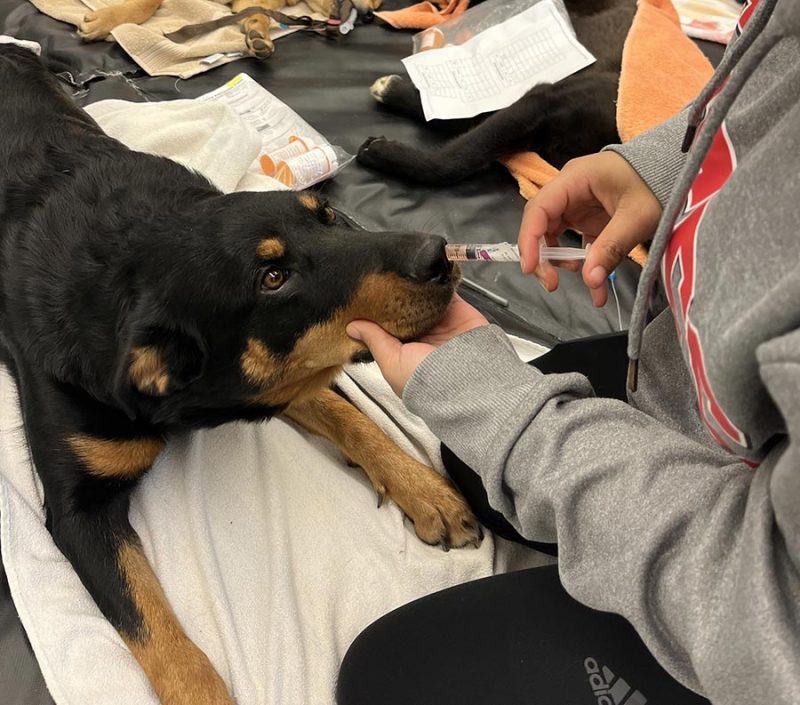
Treatment Options
Treatment depends on severity. Mild cases often resolve with rest, hydration, and a comfortable environment. Veterinarians may recommend cough suppressants or anti-inflammatory medications. In bacterial infections, antibiotics like doxycycline may be prescribed. Humidifiers and steam therapy can also help. Keeping the dog isolated prevents spread.
Understanding Vaccination Protection
Prevention is key. Vaccination against Bordetella bronchiseptica, canine parainfluenza, and adenovirus-2 reduces the risk of infection. However, it’s important to understand that:
- The vaccine does not provide 100% immunity but can lessen the severity of symptoms if a dog is exposed.
- There are three types of kennel cough vaccines: injectable, intranasal, and oral. Intranasal and oral vaccines provide faster protection, while the injectable version takes longer to build immunity.
- Booster shots are needed annually, or more often if a dog frequently visits high-risk areas like kennels or dog parks.
When to See a Veterinarian
Most cases of kennel cough are mild and resolve on their own, but pet owners should seek veterinary care if their dog:
- Develops a high fever (over 103°F)
- Shows signs of difficulty breathing
- Experiences a loss of appetite for more than a day
- Becomes lethargic or unusually weak
- Has symptoms persisting longer than three weeks
By staying informed, vaccinating, and practicing good hygiene, pet owners can help protect their dogs from kennel cough and its complications.
